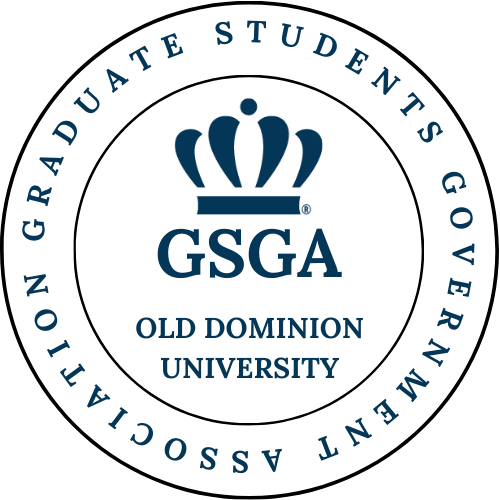Skills Reloaded: Harnessing Esports for Communication and Collaboration Development in College Graduates
College
College of Education & Professional Studies (Darden)
Department
STEM and Professional Studies
Graduate Level
Doctoral
Graduate Program/Concentration
Career and Technical Education
Presentation Type
No Preference
Abstract
This study examines the role of collegiate esports programs in developing communication and collaboration skills among Generation Z college graduates. With the emerging significance of soft skills in the professional arena, this research aims to bridge the gap between current workforce demands and recent graduates' competencies through the esports framework. Drawing from a social constructivist perspective, this qualitative study utilizes narrative inquiry and thematic analysis to explore the dynamics of teamwork, communication, and time management within collegiate esports settings. Data were collected from over 50 hours of video content and esports-related podcasts from five different collegiate programs. The investigation focuses on participant observation without direct interaction. Findings reveal that participation in collegiate esports programs significantly fosters the development of essential soft skills, notably teamwork, communication, and time management. The study suggests that these programs could serve as innovative platforms for skill development relevant to professional success.
Furthermore, the research identifies no significant difference in the emphasis on soft skills between video content and podcasts. It was important to underline the consistency of skill development across different esports media. This study contributes to the understanding of alternative educational approaches to skill development. It highlights the potential of esports as a tool for enhancing employability and addressing the skills gap in the workforce. It opens avenues for integrating esports into educational curricula, specifically developing soft skills crucial for the modern labor market.
Keywords
Generation Z, Esports, Collaboration, Communication, Workforce readiness, Skill development, Professional skills
Skills Reloaded: Harnessing Esports for Communication and Collaboration Development in College Graduates
This study examines the role of collegiate esports programs in developing communication and collaboration skills among Generation Z college graduates. With the emerging significance of soft skills in the professional arena, this research aims to bridge the gap between current workforce demands and recent graduates' competencies through the esports framework. Drawing from a social constructivist perspective, this qualitative study utilizes narrative inquiry and thematic analysis to explore the dynamics of teamwork, communication, and time management within collegiate esports settings. Data were collected from over 50 hours of video content and esports-related podcasts from five different collegiate programs. The investigation focuses on participant observation without direct interaction. Findings reveal that participation in collegiate esports programs significantly fosters the development of essential soft skills, notably teamwork, communication, and time management. The study suggests that these programs could serve as innovative platforms for skill development relevant to professional success.
Furthermore, the research identifies no significant difference in the emphasis on soft skills between video content and podcasts. It was important to underline the consistency of skill development across different esports media. This study contributes to the understanding of alternative educational approaches to skill development. It highlights the potential of esports as a tool for enhancing employability and addressing the skills gap in the workforce. It opens avenues for integrating esports into educational curricula, specifically developing soft skills crucial for the modern labor market.



Comments
This research addresses a critical gap in understanding and enhancing the communication and collaboration skills of Generation Z, shedding light on the transformative potential of esports in preparing them for the modern workforce. The study's social constructivist perspective provides a valuable framework for exploring how social interactions within esports environments can contribute to the development of essential skills crucial for success in both academic and professional settings. The focus on communication and collaboration rubrics ensures a methodical assessment of the impact of esports participation on specific skills, offering practical insights for educators and employers seeking targeted strategies for skills development